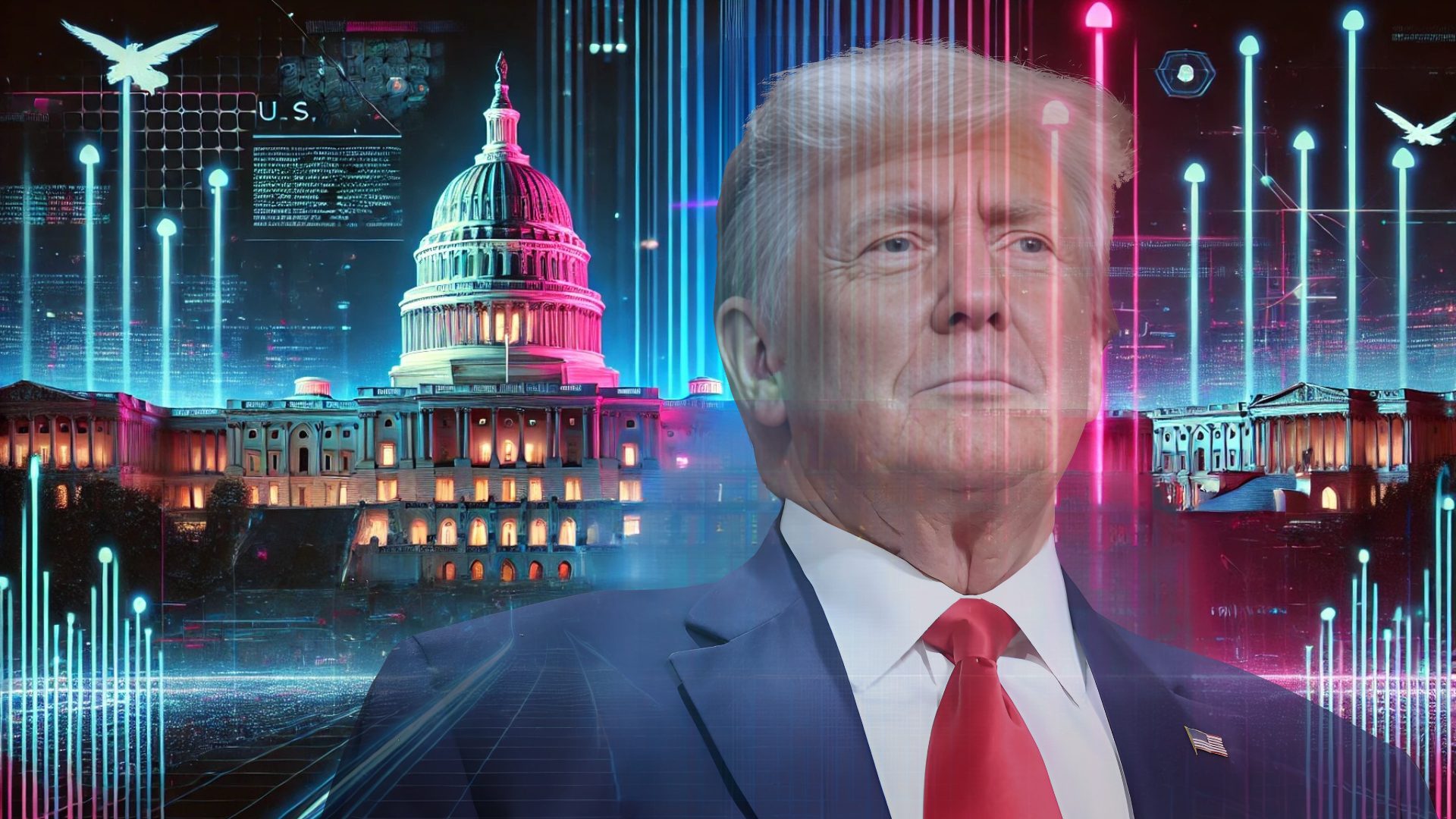
As of March 12, the U.S. government controls 195,234 Bitcoin (BTC), valued at more than $16 billion, according to a recent Nansen report. In addition to Bitcoin, the government’s crypto portfolio includes $4.6 million in Ethereum (ETH), stablecoins like USDC, and yield-bearing assets such as DAI and AUSDC_V2.
This substantial reserve comes from various seizures and forfeitures, as law enforcement agencies crack down on illicit activities involving cryptocurrency. While the current holdings are already significant, a newly proposed bill could drastically increase the government’s stake in Bitcoin.
New Legislation: The Strategic Bitcoin Bill
A bill introduced by Rep. Nick Begich seeks to dramatically expand the U.S. government’s Bitcoin holdings. Named the House Strategic Bitcoin Bill, this legislation aims to acquire 1 million BTC—roughly 5% of Bitcoin’s total supply—over the next five years. If the bill passes, the U.S. government would invest nearly $110 billion at today’s market price to meet this target.
Potential Market Implications
If enacted, the Strategic Bitcoin Bill could reshape the Bitcoin market in several ways:
- Government Becomes a Major Bitcoin Holder
Acquiring 1 million BTC would make the U.S. government the largest known Bitcoin holder, surpassing the estimated 1.1 million BTC attributed to Satoshi Nakamoto, Bitcoin’s anonymous creator. This level of control would give the government significant influence over market liquidity and price stability. - Price Surge and Institutional Adoption
Large-scale government purchases could drive Bitcoin’s value higher, creating a new wave of institutional adoption. Increased demand from a sovereign entity might encourage other governments and financial institutions to consider Bitcoin as a strategic asset. - Decentralization Concerns
The Bitcoin community has long valued decentralization, and such massive acquisitions by a central authority could raise concerns about market manipulation. If the U.S. government holds a significant share of Bitcoin, it may become a de facto price setter, contradicting the decentralized ethos that Bitcoin was built upon.
A New Era for Bitcoin?
The U.S. government’s growing involvement in Bitcoin ownership and policy-making signals a potential shift in how nations view cryptocurrencies. With discussions around central bank digital currencies (CBDCs) and Bitcoin’s role in global finance, this bill could be a pivotal moment for crypto regulation and adoption.
As the proposal moves through Congress, all eyes will be on how lawmakers and the broader crypto community react to the idea of the U.S. government amassing a Bitcoin reserve. Whether this bill leads to long-term stability or sparks debates over centralization risks, its passage could redefine Bitcoin’s future in the financial world.













































